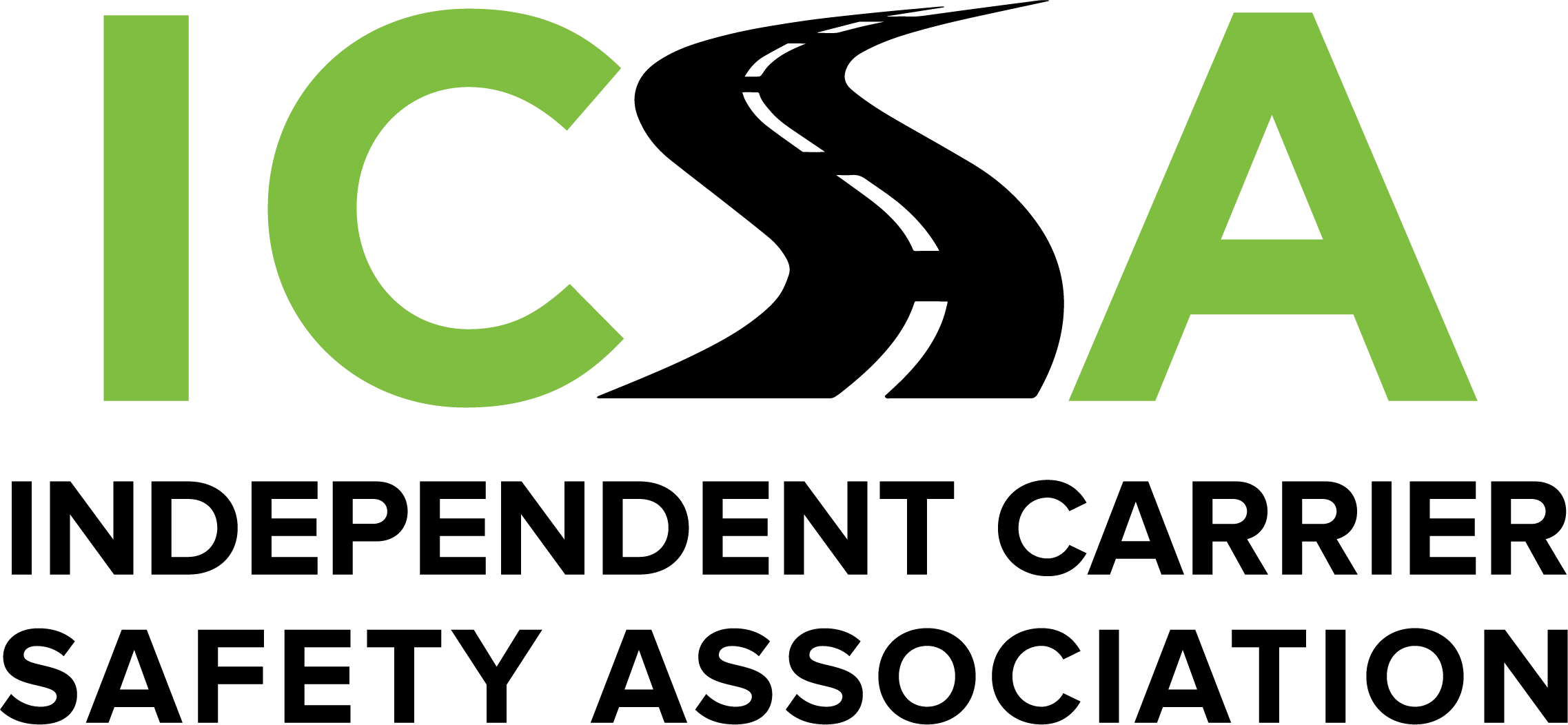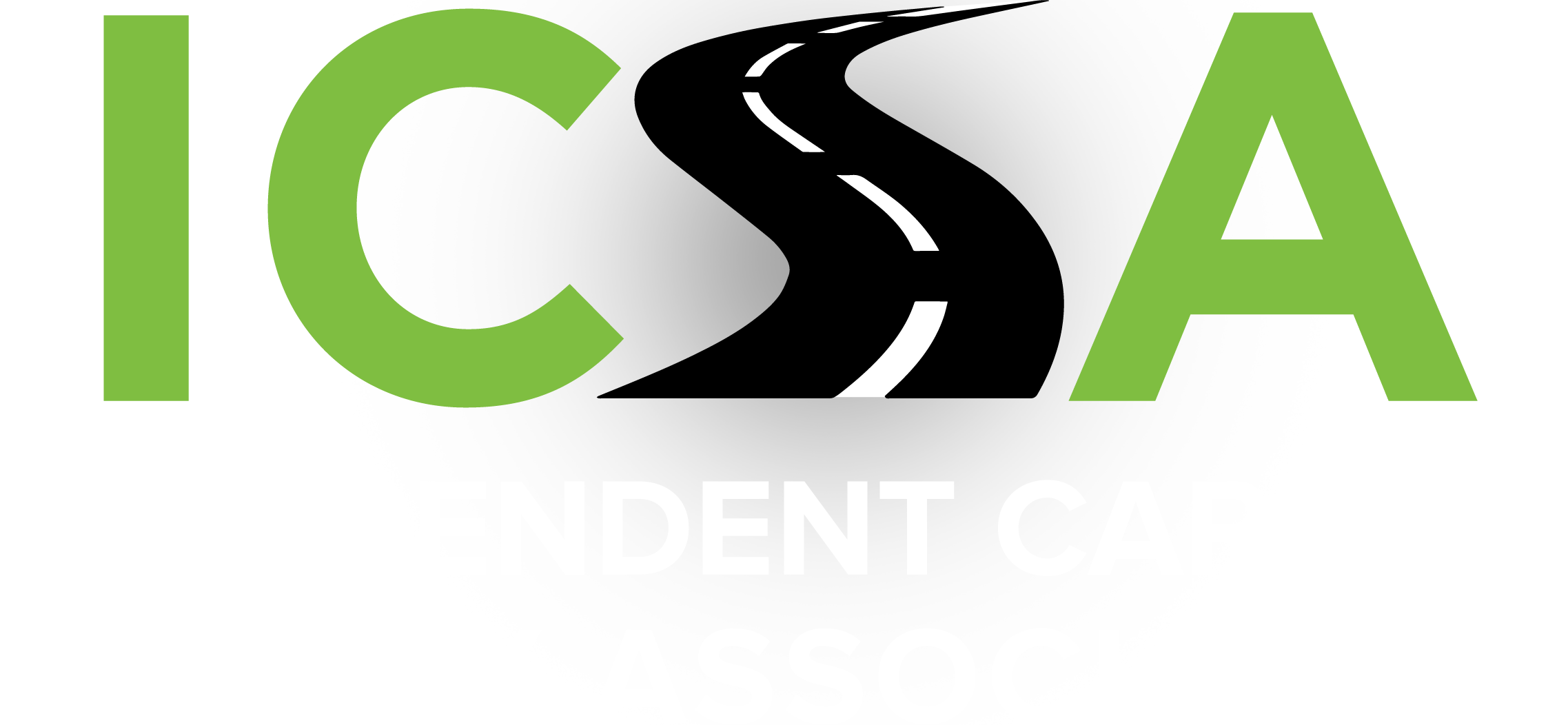In ICSA's May Landing Gear newsletter, I started my monthly Coaching Corner with these words:
"Everyone in business has goals. Even small businesses may have written or even unwritten goals. Some can be too high and therefore unachievable while others may be too low and too easily achievable. That statement can apply to many areas of business (and life in general) but what if we apply it to highway safety?"
I then addressed safety technologies, especially the event recorders that ICSA requires its Platinum Members to use and their role in improving safety. I also discussed a dangerous practice we see all too often: following too closely, and how important it is to train drivers to allow more distance between their truck and the vehicle ahead. This month, I want to talk about safety training in particular.
Do you or your fleet of drivers take regular safety training? You may ask that, if you have never been in a crash or had a citation, why should you take safety courses? These are not unusual questions. There are very good reasons for every professional driver to take regular safety courses. Such training keeps us sharp and helps us fight complacency. We don’t think about safety as much as we think about delivering on time and getting the next load. These other factors can easily distract drivers from maintaining the conscious priority of safe driving.
There are other reasons to take safety courses, especially when they are completely free, offered by ICSA through FirstGear. These materials can help educate your drivers and protect your business if you ever need to appear in court. How could these courses help you in a lawsuit? In every crash involving a truck, plaintiff attorneys will always look at a driver’s (and/or business) history and try to use that data to make a case for poor safety practices and/or negligence.
Example: Let’s say a driver with 10 years of safe driving experience has one speeding citation, a minor backing incident, and an ELD/HOS violation. Not a bad record, but what if he is involved in a serious crash? How do you prove he is a safe driver? Those three incidents on his driving record or MVR can be used against him to make him look like an inattentive and unsafe driver. But what if his record shows a backing safety course completed after the backing incident, speed management training after the speeding ticket, and HOS training after the ELD violation? Now it would be easier to make a case that the driver is a safe driver because the assumption will be that the training changed the behavior. Documented training after negative events is key. Event Recorder coaching features and the FirstGear program help do that for you.
We commend you for your commitment to highway safety. Your commitment, combined with the tools provided in our ICSA program, enhances your ability to reduce the frequency and severity of any crashes you may have. Complying with ICSA Platinum member requirements is what helps you qualify for the discounted insurance program. I am proud to work on an ICSA team that has decades of experience proving our system works and incentivizes insurance companies to work with us and to provide insurance coverage at discounted rates. As we work together year after year to achieve our common goal of improving highway safety and reducing fatalities, we can make insurance even more affordable for our members as we drive related costs down.
We encourage each of you to review your business goals when it comes to highway safety. Know your event recorder inside and out. Know the program and use the coaching tools built into it. Develop your drivers (yourself) using the free tools provided by ICSA using the FirstGear safety courses. You can access FirstGear once you log into your membership account. Simply click on the FirstGear logo and follow the brief prompts to enroll.
For more information on event recorders, use the SmartDrive training resource center at: https://www.smartdrive.net/customer-resources and use password: SDResources.


